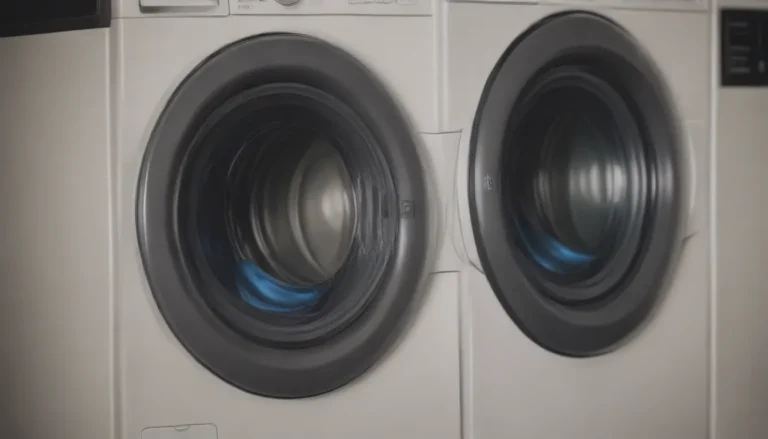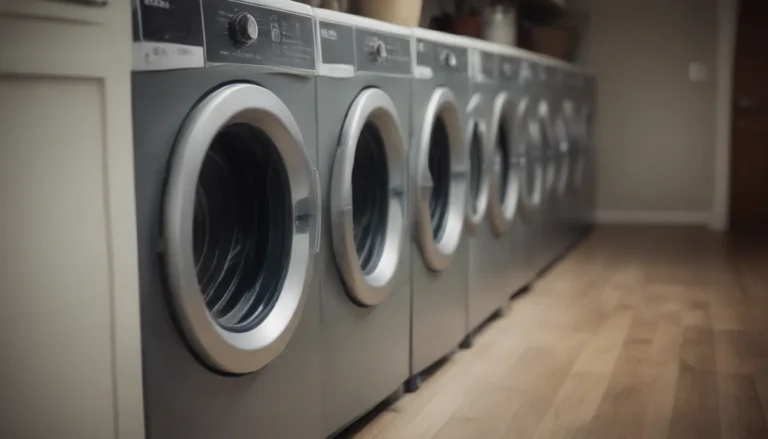The Ultimate Guide to Properly Storing Batteries

Let’s face it, we’ve all been guilty of tossing loose batteries into a junk drawer without a second thought. But did you know that this innocent habit could actually pose a serious safety risk, potentially leading to fires? In this comprehensive guide, we’ll walk you through the best practices for storing batteries to ensure they remain safe, easily accessible, and have a longer lifespan.
Why Proper Battery Storage Matters
Storing batteries correctly is crucial for several reasons:
– Safety: Improperly stored batteries can lead to short circuits, leaks, and even fires.
– Longevity: By storing batteries correctly, you can extend their lifespan and ensure they are always ready for use.
Now, let’s dive into the nitty-gritty of how to store your batteries the right way:
Store in Their Original Packaging
While it may be tempting to ditch the bulky packaging, keeping batteries in their original packaging offers the best protection against external factors:
– Prevents overheating, moisture, and dust exposure.
– Separates the plus (+) and minus (–) terminals to avoid short circuits.
Tip: Seal any open packages with tape for added protection.
Opt for a Battery Storage Box
For those who prefer a more organized approach, a battery organizer can be a game-changer:
– Keeps batteries neatly organized and easily accessible.
– Prevents terminals from accidentally touching each other.
Tip: Choose a vapor-proof container for high humidity areas.
Store in Room Temperature Settings
Extreme temperatures can be the death knell for batteries:
– High heat can cause ruptures and leaks.
– Low temperatures can lead to condensation and corrosion.
Tip: Avoid storing batteries in the fridge or freezer, and opt for a cool, dry place instead.
Avoid Electrical Conduction
Batteries can short-circuit each other or be short-circuited by conductive objects:
– Cover terminals with tape to isolate them.
Warning: 9-volt batteries are particularly prone to short-circuiting and should be handled with caution.
Separate by Age
Mixing old and new batteries is a big no-no:
– New batteries may still have enough charge to cause problems.
– Mixing different brands can lead to leaks and ruptures.
Tip: Store new and used batteries separately to avoid mishaps.
Keep Out of Reach of Children
Children are naturally curious, which is why it’s essential to store batteries safely:
– Store batteries out of reach in a locked cabinet or drawer.
– Button batteries, in particular, can be mistaken for candy and pose a choking hazard.
Pay Special Attention to Rechargeable Batteries
Rechargeable batteries have specific storage requirements:
– Lithium-ion batteries last longer when stored at half charge.
– Lead-acid batteries should be fully charged before storage.
Tip: Recharge batteries every six to nine months to maintain optimal performance.
By following these simple guidelines, you can ensure that your batteries remain safe, easily accessible, and ready for use whenever you need them. Remember, proper battery storage is not just about convenience—it’s about safety and longevity. So, take a few extra minutes to store your batteries correctly, and you’ll thank yourself in the long run. Cheers to safe and efficient battery storage!





